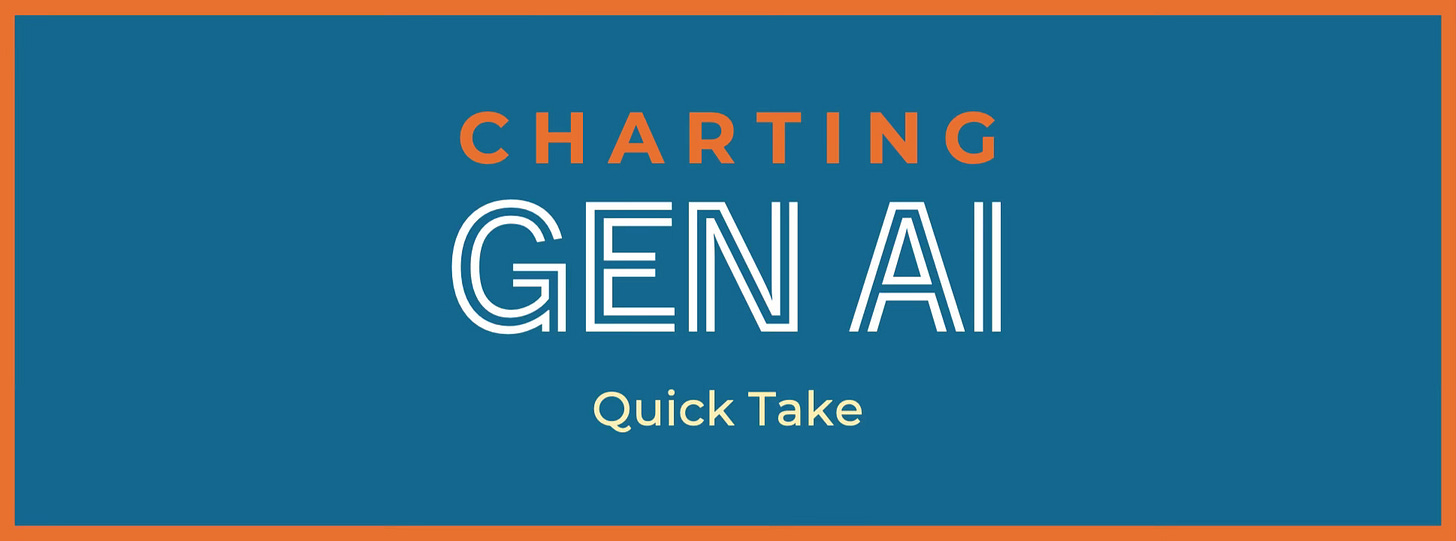Judge reluctantly clears Meta of copyright violation in his bombshell fair use ruling
Vince Chhabria chastises authors' lawyers for failing to demonstrate market harm
Keep reading with a 7-day free trial
Subscribe to Charting Gen AI to keep reading this post and get 7 days of free access to the full post archives.



